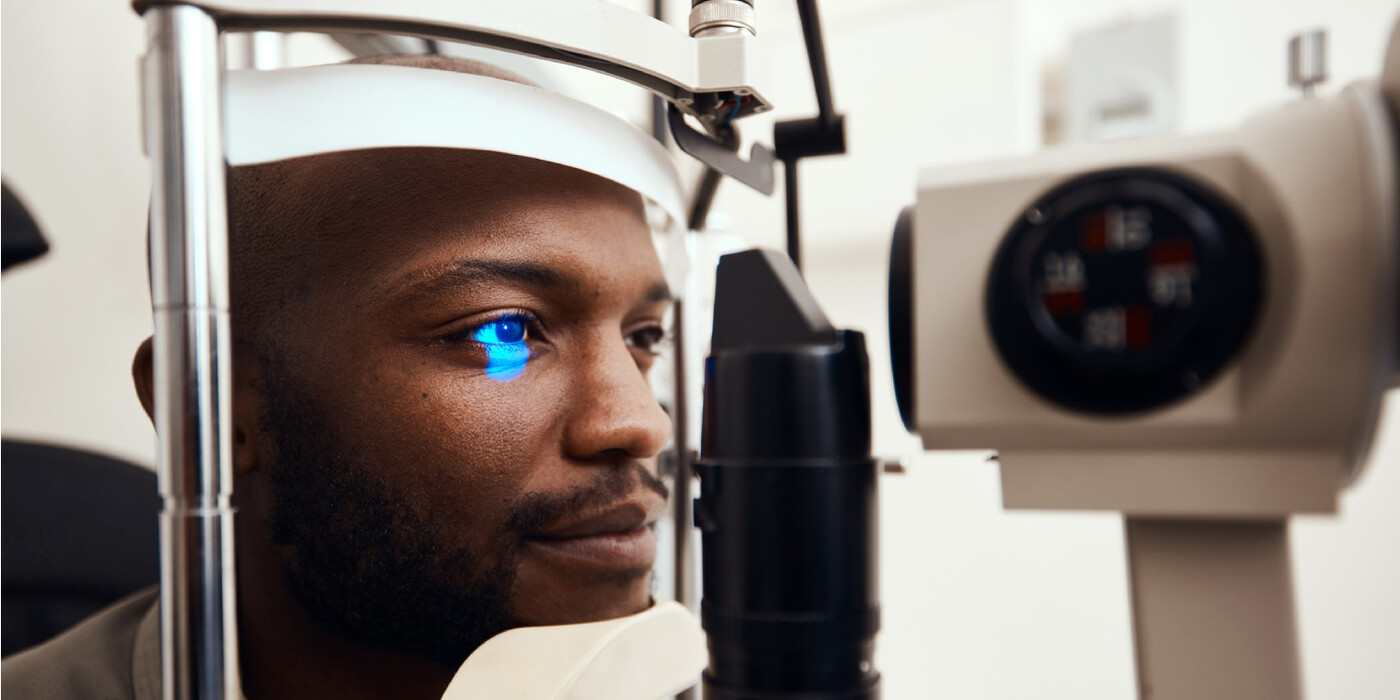Glaucoma is known as a “thief of sight." That’s because this potentially debilitating eye disease that damages the optic nerve progresses slowly and often has no symptoms. Here, Jullia Rosdahl, M.D., a glaucoma specialist at Duke Health, answers questions about risk factors for glaucoma, when to get screened, and what you and your eye doctor can do to keep glaucoma from robbing you of your vision.
Who is at risk for glaucoma?
You are at risk if you have family members with glaucoma -- especially if you have family members who’ve experienced significant vision loss, said Dr. Rosdahl. Other risk factors include older age, extensive use of steroid medications, and eye trauma. Also, Black Americans and Hispanic Americans have higher rates of glaucoma.
Learn more about glaucoma.
Why should I get screened for glaucoma?
Half of the people with glaucoma don't know they have it, said Dr. Rosdahl, but they are at risk for irreversible vision loss. “It can be really sneaky, so If you're at risk, it's advisable to get screened,” she said. The good news is that most people who are diagnosed and treated will not go blind.
How often should people with glaucoma visit their eye doctor?
It depends, said Dr. Rosdahl, but usually at least once a year, and up to several times per year. The frequency depends on how advanced your glaucoma is and how you're responding to treatment. If you have glaucoma, the best way to preserve your eyesight is to see your eye doctor regularly. “The risk is losing vision that you can't get back. That’s preventable if we stay on top of it.”
If you have glaucoma, the best way to preserve your eyesight is to see your eye doctor regularly. "The risk is losing vision that you can't get back. That’s preventable if we stay on top of it.”


What happens during follow-up appointments for glaucoma?
At every appointment, your eye doctor will check your vision and eye pressure. Usually, at least once a year you will also have testing to assess the structure and function of your optic nerve. “These tests help us make sure that your glaucoma is stable and that you’re responding to treatment,” Dr. Rosdahl said.
What are the best treatments for glaucoma?
There are three main categories of treatment: eyedrops, laser procedures, and surgery. Typically, doctors begin with eyedrops and laser treatment. Depending on your condition, surgery may be recommended. “We have a range of surgical options, including many new surgeries that can be performed in the early stages of the disease,” said Dr. Rosdahl. Duke glaucoma specialists personalize your care based on your type of glaucoma, the stage of your glaucoma, and other factors.
Can vitamins or supplements help with glaucoma?
No. Over-the-counter eye-health supplements may help with other eye conditions, but not glaucoma. Instead, Dr. Rosdahl recommends that her patients follow a heart-healthy diet, exercise, and get enough sleep. “These habits are good for blood flow to the eyes and overall health,” she said.





